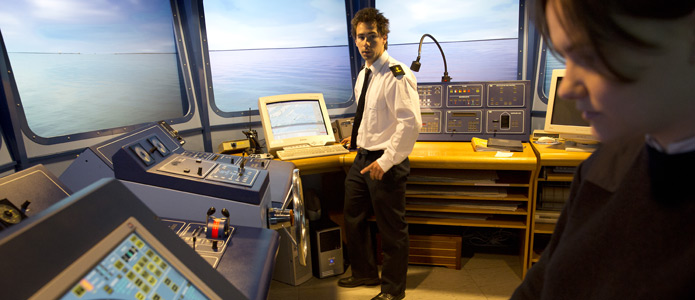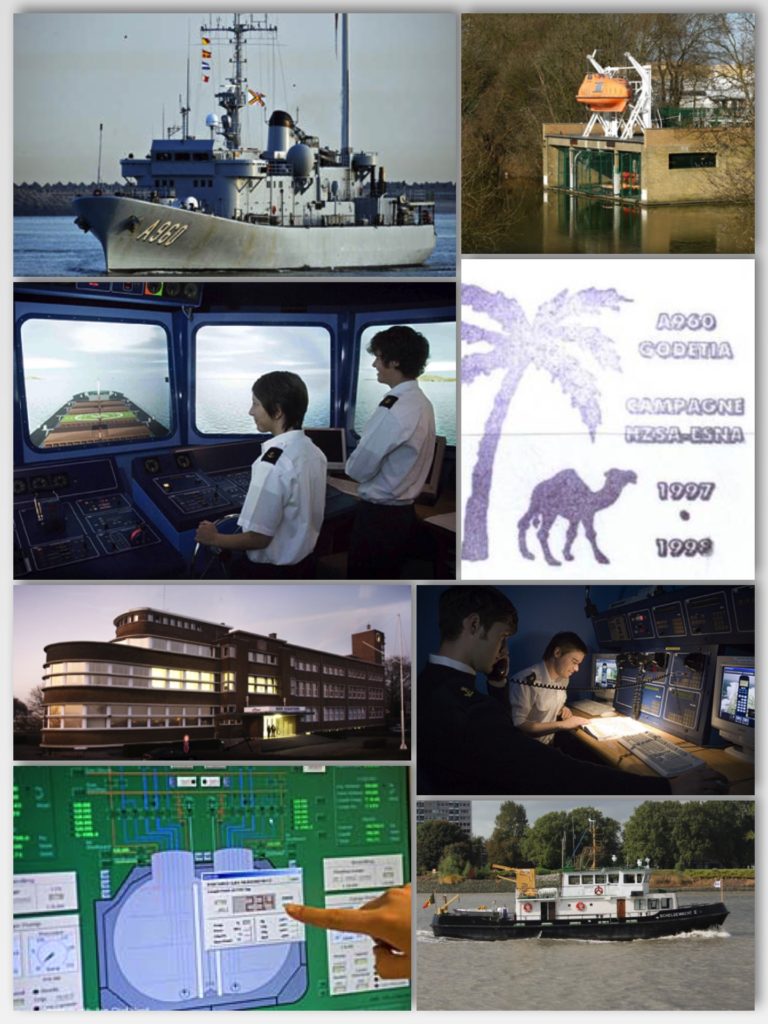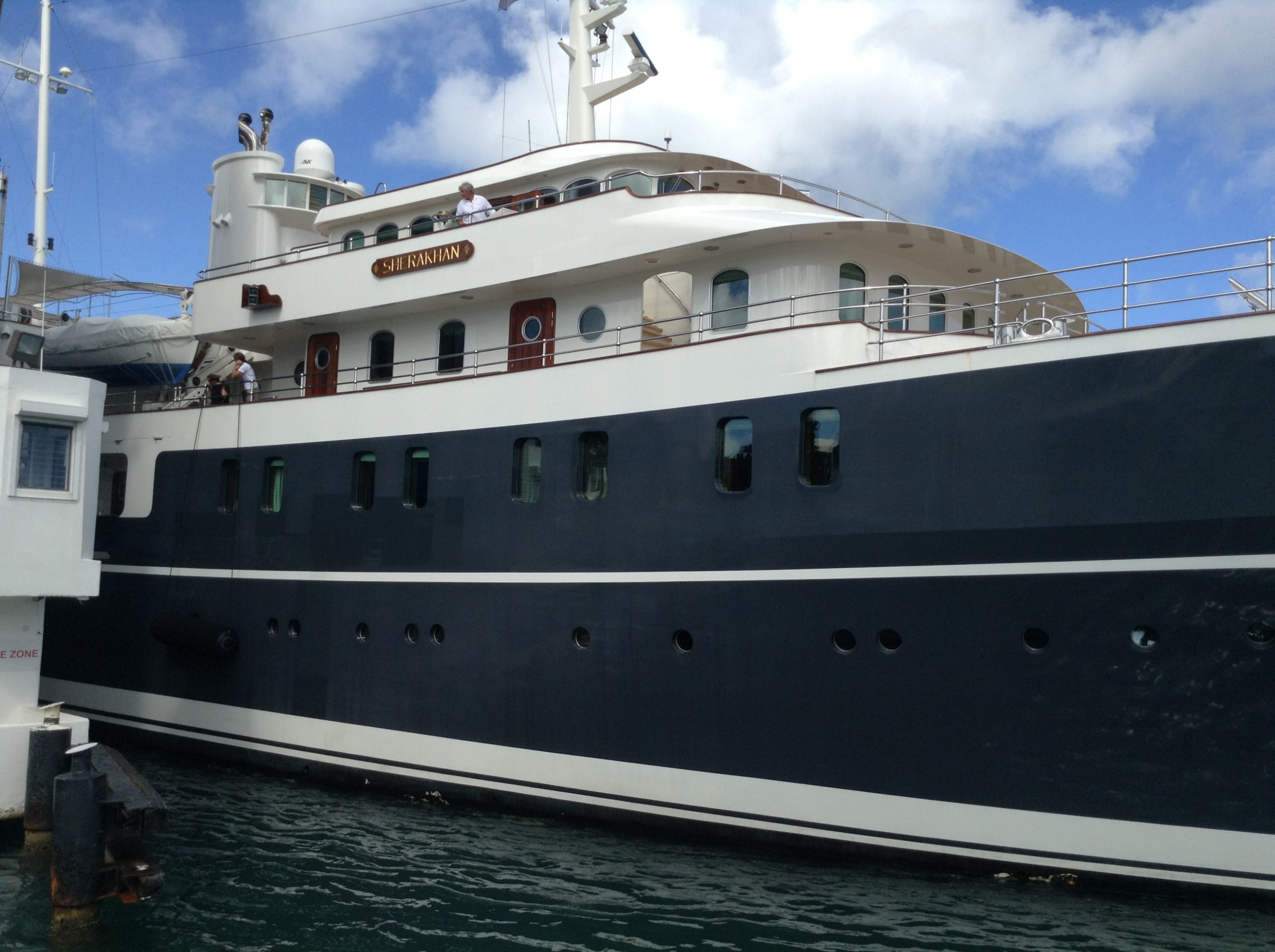For those contemplating a career on yachts, there is a nice summary on “becoming the captain” given by superyachtyachtcaptain on youtube. It describes one possible route for a UK citizen, or anyone following the MCA system. Other countries have equivalent systems to grow from the ranks and become an officer, and ultimately a captain or chief engineer.
The MCA was very early to recognize that yachting was becoming a serious industry rather than a pleasure activity. They created specific codes for ships and crew certification. That crew route, however, was mainly designed to allow those who were already in the industry to grow and keep their rightful place in officer positions.
I have been a yacht captain for over eight years now and I have seen a lot of new crew joining my ships. Some of them were the old fashion backpackers out for a quick buck and fun before they engaged in a “real” job, some needed the money to move on in a career or in their studies, there have been many different circumstances.
Many of my young crew, however, do consider pursuing a career on yachts and more generally at sea. Most come from a social environment that would allow college studies. Hearing them talk makes me think of myself at the same age: not from a maritime background, born and bred far inshore but with a passion for ships and the sea.
So in a few quick sentences, what is the difference between the “yacht” route and the “commercial” education?

AGAINST maritime college
- You loose at least two years of income. College does not pay and the curriculum in most maritime countries is two to four years.
- You’ll start dockwalking aged 20 or more, and possibly with less patience considering your level of education.
- To fulfill the sea time requirements of your unlimited licenses, you will be limited in your choice of yacht (commercial above 500 tons etc…) and may even have to do a stint on a cargo ship or supply tug, you name it.
- You’d be hired as a midshipman on a cargo or passenger ship, but probably still as a deck or engine hand on a yacht.
FOR maritime college
- You are really “unlimited”, not only in tonnage, but in the type of ship you sail on.
- Get fed up with yachting? you can find a good, well paid, truly rotational job close to home and family (ferries, towage, offshore industry etc…)
- Your license is endorsable by most IMO flags. National “yacht” licenses are sometimes hard to get endorsed by other flags, particularly out of the MCA system.
- You want to step ashore? Some jobs will just specify “college education”. The argument is not whether it is justified or not, it is a simple fact nobody can ignore.
So there we are. I do hear influencers out there saying that nobody needs college education to “make It”. True enough, but it never hurts to have more in your pocket.
Another thing many people in our modern and functional world chose to forget is this: Any college education allows you to test and prove that you are able to concentrate on, and understand, complicated matters that are, at the time, apparently totally useless to you. That is an extraordinary skill too much underrated in these days of pure functionality.

I hear and read a lot about mentoring in our industry today. I can only urge all my colleagues who “mentor” newcomers to keep the college alternative in mind, and make their mentorees aware of all options available in their particular circumstances, and the long term consequences.

